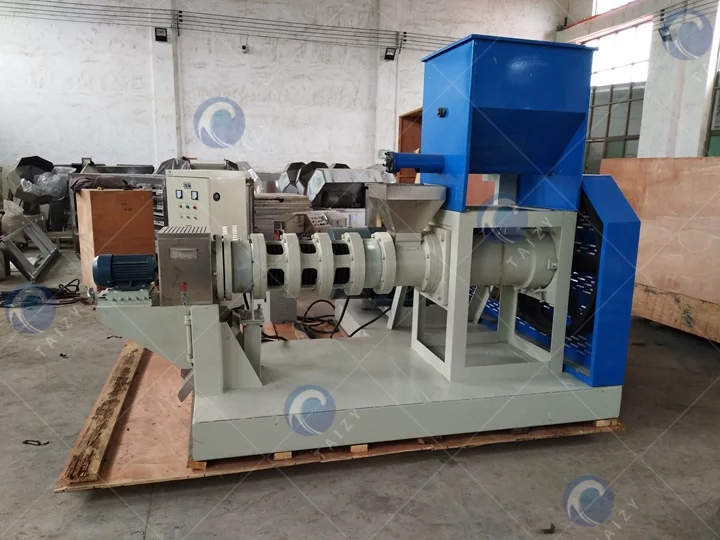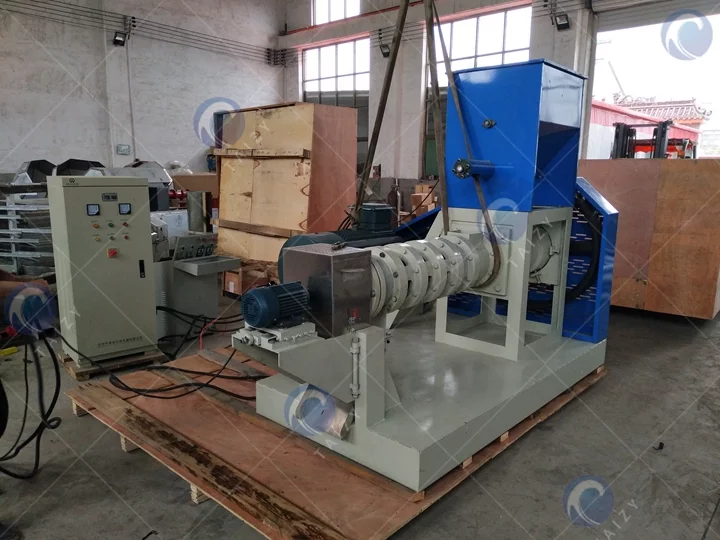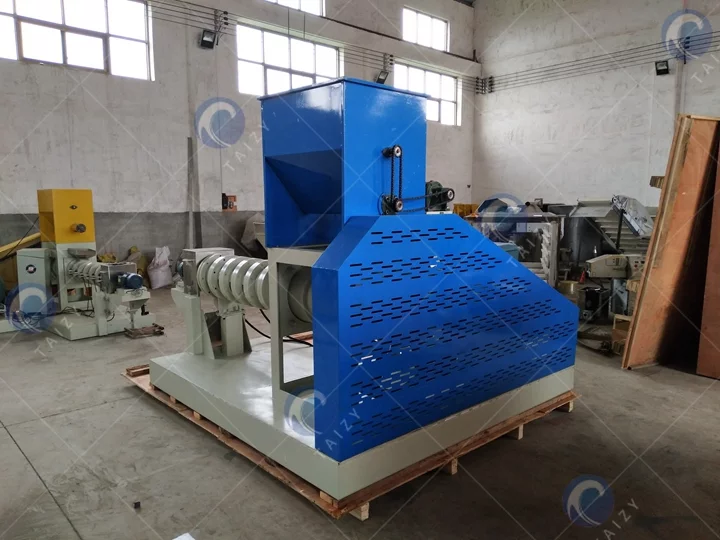The Versatility of Raw Materials for Feed Pellet Mill
In the realm of animal nutrition, the raw materials used in feed pellet mills play a crucial role in determining the quality and nutritional value of the final product. Specifically, when it comes to feed pellet mills, the selection of raw materials becomes a key aspect of ensuring optimal health and growth for aquatic species.
1. Basic Ingredients:
The foundation of fish pellet making often includes staple grains such as corn meal, wheat meal, and rice meal. These ingredients serve as primary sources of carbohydrates and energy, forming the base for a well-balanced diet.

2. Plant Proteins:
To enhance the protein content of fish pellets, various plant-based protein sources are incorporated. Soybean meal, vegetable meal, cotton meal, and peanut meal contribute essential amino acids, supporting muscle development and overall fish health.
3. Animal Proteins for Enhanced Nutrition:
For an extra nutritional boost, animal proteins are introduced into the mix. Fish meal, shrimp meal, and crab meal are rich sources of proteins, omega-3 fatty acids, and other vital nutrients that are crucial for the growth and vitality of aquatic species.
4. Nutrient-Rich Additives:
To further enrich the nutritional profile of fish food pellets, additional nutrient-rich additives can be introduced. This includes bran, grass meal, and other supplements that provide vitamins, minerals, and fiber, promoting a well-rounded diet for fish.

5. Customization for Optimal Nutrition:
One of the remarkable features of modern feed pellet mills is their ability to accommodate a wide range of raw materials. This flexibility allows for the customization of fish food formulations, tailoring them to the specific nutritional needs of different fish species and life stages.
6. Balancing Nutrients for Growth:
The combination of plant-based and animal-based proteins creates a balanced nutritional profile in fish food pellets. This balance is essential for supporting growth, reproduction, and overall vitality in aquatic environments.

7. Consideration for Sustainability:
In the quest for sustainability, the choice of raw materials is crucial. Utilizing a mix of plant-based ingredients helps reduce the environmental impact associated with relying solely on animal-derived components.
In conclusion, the raw material scope for feed pellet mills is diverse and dynamic. From basic grains to protein-rich animal additives, the versatility of these machines allows for the creation of nutritionally optimized pellets. This adaptability is not only beneficial for the aquaculture industry but also ensures that the nutritional needs of fish are met in a sustainable and efficient manner.
